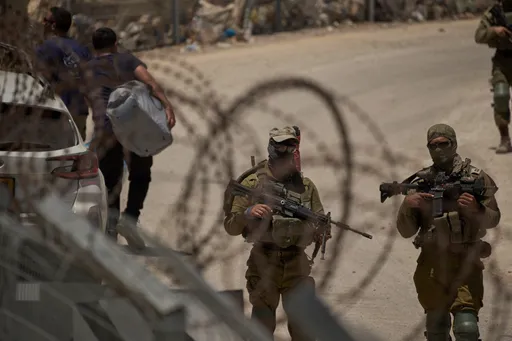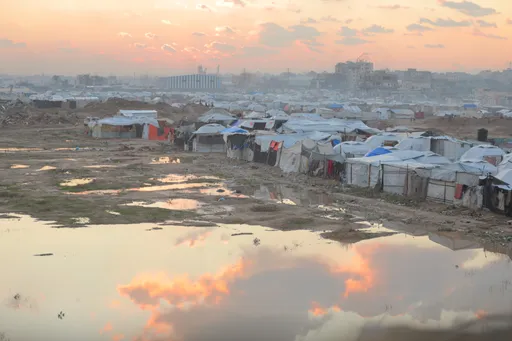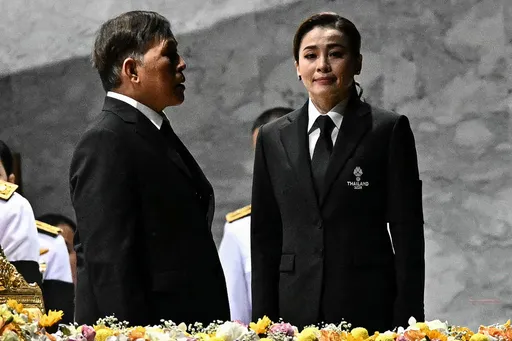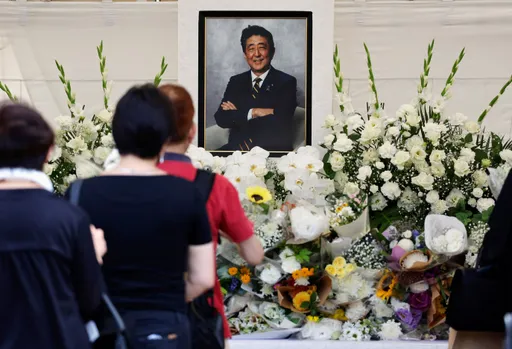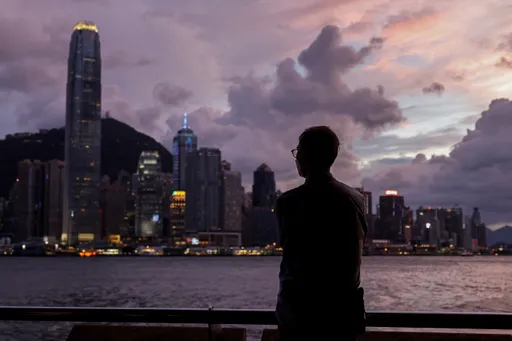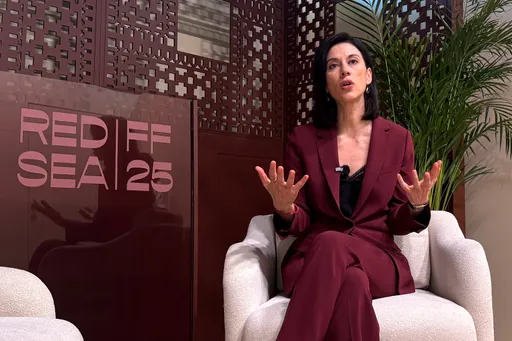On the morning of July 26, Arif Ayaz Parrey, a Delhi-based science magazine editor, got logged out of his Facebook account while talking to a friend. He received a message saying: "Your account has been disabled. If you have any concerns, you can visit our FAQ page."
Parrey clicked on the link to the Frequently Asked Questions, and was led to a page listing Facebook's community standards. He felt that he hadn't violated any of them. Later, he realised the social media giant had pinned it on one issue — Kashmir, a land divided between India and Pakistan but claimed by both in its entirety.
"I wasn't allowed to post or share anything for the next 24 hours. It was frustrating," Parrey told TRT World in a phone interview.
Parrey, besides his personal page, managed the Kashmir Solidarity Network – a Facebook group for human rights in Indian-administered Kashmir. The accounts of a Kashmiri academic and a filmmaker, who also ran the page, were suspended around the same time.
They posted about how the Indian armed forces allegedly violated human rights while confronting civil unrest. It had broken out over the killing of a 21-year-old armed rebel, Burhan Wani, in Kashmir. While many Kashmiris regarded Wani as a freedom fighter, the Indian Government described him as a terrorist.
For Parrey, censoring news on Kashmir was a sinister move. Facebook wasn't just removing photographs or videos that were violent or pornographic – it had gotten political.
Sanjay Kak, the filmmaker, feels Facebook's motive was to block commentary emanating from Kashmir since it had begun to "affect public opinion in India, rescuing Kashmir from the darkness to which it had been consigned for many decades."
Facebook acts as a bridge between Kashmiris and the outside world. Activists are quick to respond to the news which is either aired on TV or published in the mainstream Indian press with an intent to misrepresent Kashmir.
Kak believes that posts on Facebook had begun to "hurt the position" of the Indian state over Kashmir.
"When images, reports, video, audio starts seeping out – despite the massive communications curfew, mind – these troopers (Indian media) don't just look ill informed, they begin to look like liars, and their agendas are revealed," he said.
Though Industry observers recognise the upside of Facebook censorship – for instance, blocking graphically violent or adult content – they are familiar with its downside too.
"I have two broad observations: Facebook does not have its own editorial policies which applies to its users," Eric Goldman, a professor of law at Santa Clara University in California told TRT World. "And Facebook has struggled with political activities in foreign countries."
For people like Kak and Parrey, news articles on Kashmir have a deep historical context of perpetual police atrocities – juvenile detentions, denial of court trials, imposition of draconian laws – that have inflamed Kashmiris, making them hostile towards India.
The conflict is rooted in the creation of India and Pakistan in 1947. Back then, Kashmir was an independent domain. But both the nations moved to take over the territory, dividing it into two parts with a de facto border called the Line of Control.
The UN called for a referendum on Kashmir's status which was never held.
Frustrated by the stalemate, an armed uprising against India began in 1987. India refused to budge from the position that Kashmir is an integral part of its territory, stating a precondition that if ever a referendum were to be held, Pakistan should first withdraw its troops from the Line of Control.
Since then, India has accused Pakistan of supporting the rebellion and sending fighters into Kashmir, a charge it denies. Though the severity of the insurgency has decreased in the last few years, Kashmiri youths often throw stones at police and security forces. And in some cases, they also pick up guns.
But Facebook avoids considering such details. Its Delhi-based spokesperson was unequivocal. He refused to be identified by his name and told TRT World that the company blocked Kashmiri users because they were posting "terror content" and any post related to "terror" is taken off the site.
Goldman, an expert on social media, said that while governments across the world exert "enormous pressure" on Facebook to clean up text, images or videos glorifying terrorism, it often runs into trouble with its users over sensitive social and political causes.
But Facebook doesn't treat all the activists the same. After suspending the accounts of some Palestinians last week, it was quick to restore them, saying that it barred them by "mistake."
In India, however, they seem to follow Delhi's position on Kashmir, where questioning the Indian Government's stance on Burhan Wani is considered to amount to glorifying terrorism.
India is Facebook's second-largest market, with 130 million users, and how it curates posts on Kashmir may have consequences. The company recently managed to rescue its "Free Basics" program, which was shuttered by India's internet regulatory board last year. The board felt Facebook was trying to "colonize" India's web space.
"Facebook is working cooperatively with the Indian Government to see what are the potential alternate solutions moving forward for connecting India," Daniel Sepulveda, US Deputy Assistant Secretary of State, said on Wednesday.
Facebook aims to connect 25 million Indians who are "offline" and charge for internet access. Parrey suggested that the approach toward posts about Kashmir is defined by the company's CEO Mark Zuckerberg's plans to make Facebook the leading internet platform in India.
Jibran Nasir, a Pakistani internet campaigner, shares a similar view. In late July, Nasir released a set of photo-shopped images on social media. Zuckerberg was featured along with India's Prime Minister Narendra Modi and other Indian celebrities. Their faces were marked with pellet injuries, similar to the ones Kashmiris have sustained in the last three months.
Nasir told BBC that he included Zuckerberg's face because he found it "a bit baffling that community standards of Facebook were being violated by simply posting images of injuries and violence that Kashmiris are suffering from."
It's not the first time Facebook has come under fire for suspending users or blocking pages and posts.
In 2014, it barred a group of drag queens from San Francisco because they were using their stage names – Facebook prefers real names. In the fall of 2015, it ran into legal trouble with the administrators of Sikhs for Justice, a page about the killings of several thousand Sikhs in India in 1984.
Over the years, Facebook has built a network of outsourcing firms in India, Brazil, Colombia and other developing countries. They filter its content. Each content moderator is paid $1 an hour. At times, they have to make snap editorial decisions over complex political issues.
And when the aggrieved users seek answers, they are first directed to "Frequently Asked Questions." If they're still not satisfied, they get to communicate with an unknown person on the website's online chat function.
When Parrey asked one such Facebook employee why he was denied access to his account, he was only told that his posts were problematic, but it was "never explained why they were problematic."
He is now cautious with every word he writes and every news story he posts. He has created a backup of his posts because he doesn't want to lose "the assortment of his memories" to censorship.
"I feel that [Facebook] can silence us, mute us, at their convenience," said Parrey. "And there is very little we can do about it. It's troubling."









